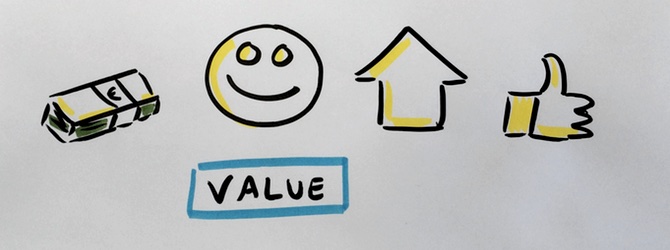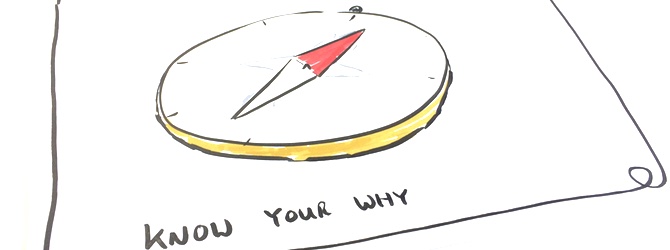We’ve all been there. We know we should be working on this project. We know we should start writing this paper. But! We want to check our email or Facebook. Or we suddenly want to clean the house. And don’t get me started on YouTube.
So what’s up with that. And can you prevent it?
procrastinate
verb pro·cras·ti·nate \prə-ˈkras-tə-ˌnāt,\:
to be slow or late about doing something that should be done : to delay doing something until a later time because you do not want to do it, because you are lazy, etc.
Or how Urban Dictionary fittingly defines it: I’ll put up a definition later.
So, because you’re lazy… I think that’s too easy. It might be part of it, but I don’t think laziness is the real problem. We’re just fighting an uphill battle. And the solution is not in fighting harder and throwing more willpower at it. That might help, but since your willpower is limited, it’ll only get you so far. The answer lies in changing the conditions and fighting smarter.
Why is the battle fought uphill? Because, no matter how great something will become in the future when you get there, the present moment has one thing that the future will never have: It’s now.
The fact that the payoff is in the future, makes it uncertain. Will you actually be able to finish it? Will your plan work? Will you actually get the payoff? And will you even be happier then? And doing something fun right now is a surefire way to enjoy your time.
So no matter how great that thing you’re working on is or how bad you want it. It’s only going to pay off in the future and thus it’s attractiveness is discounted vs it’s current alternative.
So this blog is about turning the tables. Creating systems that let you get to work. By smarting planning before you engage and you can still think clearly. Setting the table up in such a way that all your sabotaging mechanisms can work in your favour.
Motivation
How to do this? To get a better understanding, lets take a look at the procrastination equation:
Motivation = (Expectancy x Value) / (Impulsiveness x Delay)
Or simply put, there are 4 variables that determine your motivation. Two that need to be high:
- Value: What you will gain as a result of the action.
- Expectancy: The chance or the trust you have that the action is going to result in value.
Two that need to be low:
- Impulsiveness: How likely you are to impulsively start doing something else.
- Delay: How long you have to wait to get the rewards of your action.
From this equation, it’s easy to see why we always have more motivation for the fun thing right now than for the hard thing that will benefit us later.
Or that when deadlines get near (i.e. the delay between action and value gets smaller) motivation gets super high.
So what to do about this? I’ll go through each of the 4 variables and give you my top tips for tackling it.
But first, start!
Just start! Stop reading this and take the first step in what you need to do.
Before your brain starts thinking and can talk you out of it, take that first step!
Don’t think. Start with putting on your running shoes before you even get a chance to check the weather.
Don’t think. Open that writing app. Just start writing.
Don’t think. Just start.
Willpower is needed when in the battle where you have to choose between options. So start before you even get a chance to engage in that battle.
By starting, that struggle will take a back seat while you actually do work. And by doing work and experiencing progress, you’ll start rolling and motivation will go up.
So start!
Value
Perfection is the enemy of progress
It’s important to do things well. But sometimes that gets in the way of shipping your work. Even more, it actually prevents me from starting sometimes. In those moment, I just doubt what the best way to do it is. I keep wanting to think my way to the solution. But I never reach it.
The thing is, would I have started, my brain would have had a better chance to figure it out. Starting or shipping unfinished products give me new information and new experiences. With that information I have a better chance to figure it out.
The horizon changes with every step you take. So, when stuck, accept that you’ve seen everything you’re going to be able to see. And do the thing that will give you the best chance of improving the situation: act!
Know your why
Know why you’re doing what you want to do. The clearer you have it, the easier it is to remind yourself about it when distraction hits. What will you gain? Who will benefit?
A simple and surprisingly effective way to get more clarity on this is asking yourself “Why?”. Five times! I know, it sounds too simple. But it really works. Sit down with a task in mind and ask yourself “Why am I doing this?”. And with each successive answer, ask yourself “Why is that important to me?” “Why do I want that?” or “What will that give me?”. You’ll find that it’ll bring you closer to what’s truly important to you.
This will bring you more in contact with the benefits of your actions. Whether the benefits are for you or someone else stands to gain, you’ll know why you’re doing it.
Or maybe you figure out that the action you had planned doesn’t help you get to your true why. Great! Change your plan!
Mix and Match
Some work just isn’t fun. But, to at least get some value out of it, combine those things with things you like doing.
Do dishes while listening to an audio book or a fun podcast. Make an accounting date with entrepreneur friends to do your taxes together. Or, have the boring but necessary meetings at an inspiring place.
Do the right things
A lot of writer have put up lists of ingredients that work should have in order to be driven to do it or to be engaged by it.
In this article, I assume you know what you need to do, and I try to help you get out of your own way to do that. But use these links here to make sure your work has the right mix.
In his book Drive, Daniel Pink writes about Autonomy, Mastery and Purpose as the key ingredients for drive.
William MacAskill (co-founder of 80,000 hours) says engaging work can be broken down into 5 factors: Independence, Sense of completion, Variety, Feedback from the job and Contribution.
Expectancy
Set yourself up for success
Or, plan better! Procrastination increases when you’re unsure whether or not your actions will have a positive effect. So do the research! Break up your plan into smaller steps and create an overview of your project. Make a planning that you trust. Getting that sense of clarity over the project gives you the trust that what you have to do now will help you get to your goal.
And because you’ve spend the time creating a solid plan. You not only have increased the expectancy, you’ve actually increased the chance that you will succeed. You’re setting yourself up for success.
Success breeds confidence. More confidence increases expectancy even more.
Maybe you’ve figured out who you need to get onboard with the project. Or what things you preemptively need to tackle. Or you’ve build in a buffer just for safety. Or you’ve created a week schedule that matches tasks with the moments you’re most productive.
This is not about setting safe and unambitious goals. It’s about not stifling yourself because of the uncertainty.
Just the right level
When things are either too easy or too difficult you get apathetic of frustrated when you’re doing them. Can you get the task to such a level of difficulty that they’ll be fun to solve?
Make the task easier when you just start out. Set a reasonable running goal. Start by changing you diet in a few smaller areas instead of overhauling everything you eat. Or simply get some help to figure out the solution for a problem.
Or make the task slightly more difficult every week so that it will stay challenging. Increase the number of words you have to write, the distance you run or the kind words you send out.
Surround yourself with positive people
Being around positive people or successful people increases your confidence. Simply because there is no room in your environment for doubt and negativity. That something will work is the new default. So whenever you start doubting the likelihood of your success, call up some good people and meet for coffee. Or just work in the same office as them.
Cost of inaction
Sometimes it’s not enough to think of the benefits of you’re action. You also need to think of the costs of your inaction.
Picture yourself not doing something. Not starting that projects. Picture yourself a month, a year, 5 years from now, still not having started the project. The situation hasn’t changed. But you’ll be older and still nothing closer to the goal. That would suck!
So you won’t know for sure whether or not taking action will result in the benefits you want. But you know for sure that you will gain nothing or even lose when you don’t act.
Or simply, ask yourself when you will feel better. After another hour of sitting on the couch. Or after having gone for a run?
Visualise your future
Picture yourself when you have done the work and accomplished your goals. How will it look? How do you feel? Where are you? Who is there? How will they greet you?
By visualising that future, you’re anchoring a future in your brain as if it was already here. It’s almost as if it is already here. That means it must be possible to get there. You simply have to start your work.
The day has just begun
This is such a simple nugget I got from Amber Rae. It speaks to that feeling of throwing in the towel when you’ve missed the start of the process. You snooze too long and the whole day is ruined. You’re morning is wasted on calls, and you’re still no further on finishing you tasks.
But, remember, the day has just begun. That you haven’t started yet, doesn’t have to mean that the next hour can’t be productive. Now is as good a time to start the project as any. So start!
Impulsiveness
Environment
Get an environment, a setup or a place for the work you’re trying to do. By having a designated place for it, when you’re there, your mind just knows what it has to do. And by knowing it, it will get in the zone easier and jump out of it less.
Environment 2
Make sure your environment is conducive to the behaviour you want and works against all distracting behaviour.
Make sure the programs and documents you need for productive work are right there on your desktop. And all distracting websites are not bookmarked, logged out or even blocked (with tools like RescueTime).
Make sure that instrument you want to learn how to play is right in the center of your living room. And the remote to the television is hidden under your bed and the batteries are in the kitchen.
Plan distractions
Your mind is your biggest distraction. Whenever your work get difficult or boring, you will get anxious to do something else. It’s easier to catch that when you’ve agreed with yourself a specific time when it is allowed to be distracted. You want to check your messages? Great, you can do so in 15 minutes. Now, you’re still in work-time.
The Pomodoro technique is great for this. Work for 25 minutes, Break 5 minutes. On and on. Those 5 minutes are free for whatever, so the 25 can be productive. It’s delightfully effective.
Practice focusing
Keeping focus is not something people have a lot of practice with. Cal Newport writes about this in Deep Work. Wanting to focus for a long period of time, doesn’t make that instantly possible. But simply practicing it will help. Take a problem and try to keep your mind with it. When you get distracted, catch yourself and get back to the problem. Over and over. You’ll see the time you can focus on it increasing.
A lot of people think they’d be awful at meditation because they think their mind will just be all over the place. But the act of meditating is not having a very peaceful or quiet mind. It’s the practice of getting your mind back at the breath (or whatever other focus you choose) every time you catch yourself being distracted. So having a busy mind actually gives plenty of opportunity to practice and will very quickly generate results!
Build habits
Habit building is maybe the most powerful tool to create change in your life. Because once you’ve build a habit, it takes no mental energy to do something. It goes automatically! And that’s great, then you can use that limited willpower we all have on something else.
A little over a year ago, I’ve started doing pushups every morning. At first, every few days I would be sleepy, tired or hungover and I would have to push myself to get down and do my pushups. But, once you’re over those first 30-40 days (that you do purely on willpower), you’ll be on the floor before you even get a chance to go into doubt-mode.
Plus, habits can compound over time. Your production will keep growing without you spending too much energy. And you can increase how much you do every time slightly without it becoming an extra burden. And all these small increases will have big effect in the long run.
To help you keep up the habit, find a way to note and visualize your progress. A calendar with crosses on the days you do it, for example. Or download the coach.me app or the Way of Life app for this. This way you’ll build a streak that you don’t want to break. It still bugs me that I forgot to do pushups that one morning in november…
Put it in the calendar
Plan the important things in your calendar. Todo-lists are great, but a calendar beats it every time. Simply because you’ve eliminated another decision in the moment of battle.
Even better, make others dependent on you showing up that day to do it. It’s harder to cancel on a team than to cancel on yourself.
Delay
Make projects smaller
Delay increases procrastination. It’s not that the value of the task itself isn’t high enough. It’s the fact that we don’t get that value right away. The horizon is too long and we have to wait to actually get the benefits of doing the hard work. While the pain of doing the work is right now.
This is true for big multi-year projects that only pay off afterwards. Or for thesis writing. Or for starting something new like writing or running.
Try to decrease the size of project so the goal post is in sight. Have smaller milestones and closer deadlines that you have to show up for. Build these in with your professor for your thesis, with your clients or with yourself in learning a new skill.
Stick & Carrot
Adding a ‘stick & carrot system’ is a way to add value right now, so you don’t have to wait for the effects of the work to kick in.
Reward yourself right after you do something. Or punish yourself for not doing it.
Make the agreement with yourself that every time you succeed in getting part of a project done, you celebrate or treat yourself to something you like. Define the milestones of a project and plan your celebrations in. Going out for dinner for every X hours of work spent on your project.
Or get an accomplice to work with you (this can be a friend or a website). Someone to check in with and hold you accountable for the progress you’re making. Or, give a friend €100 and ask him/her to transfer that money to an organization you despise when you haven’t done the task. Or, get the pain of not running right now (and not after you haven’t run for weeks), by having to do a chore in the house every day you don’t go out for a run.
Now, you could spend hours on designing a very complicated scheme, but that might be procrastinating. Choose one and go!
(You’ll note that this one actually combines increasing Value with a decrease in Delay. Since you also add value by rewarding. And you also increase Expectancy. Since you’ll know you’re getting a reward for sure.)
Celebrate progress over results
Taking this one step further, start celebrating progress instead of only results. Of course, in a lot of cases, the reason you’re doing it is the result. But often, the habit itself is enough reason for celebration!
Doing the work has value in itself. The habit is the goal. When you’re training for a marathon, you haven’t run that yet. But you sure run a lot. Which leads to a fitter you. When writing a book, you haven’t published it yet. But you sure write a lot. Which leads to many new insights. You might not have reached that revenue goal you’re aiming for. But you are closing in and learning a lot.
So. A gazillion tips. The irony in writing a long piece about procrastination is not lost in me. I hope you liked it. Please share if you did so others can find their way to a more productive life as well!
And last tip! Enjoy the laziness when you’re in it. Laziness itself can be very nice. But feeling guilty about is a surefire why to ruin the time.
Oh, and I hope you liked my drawing experiment.















